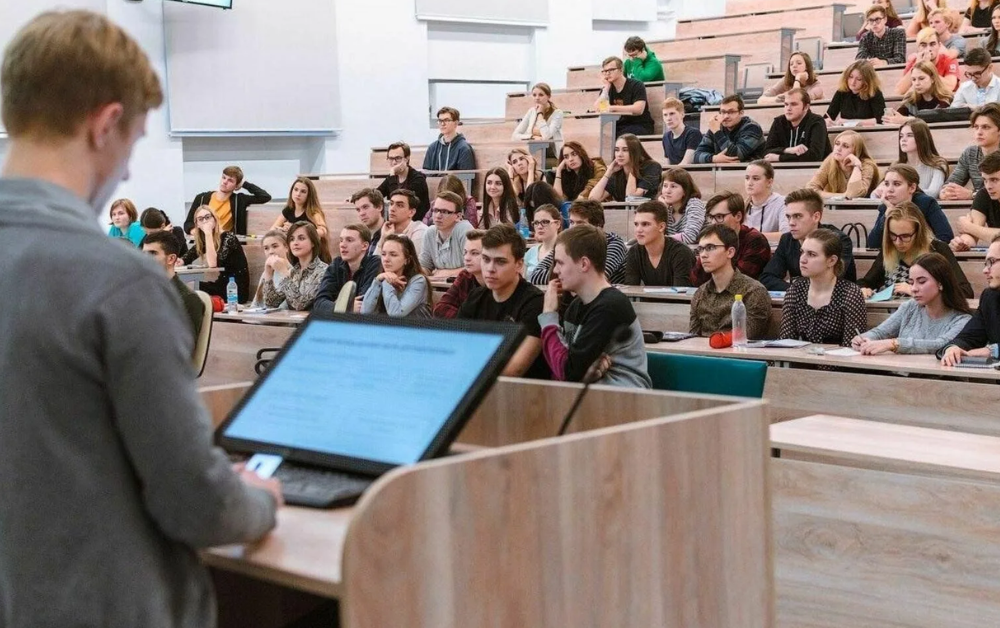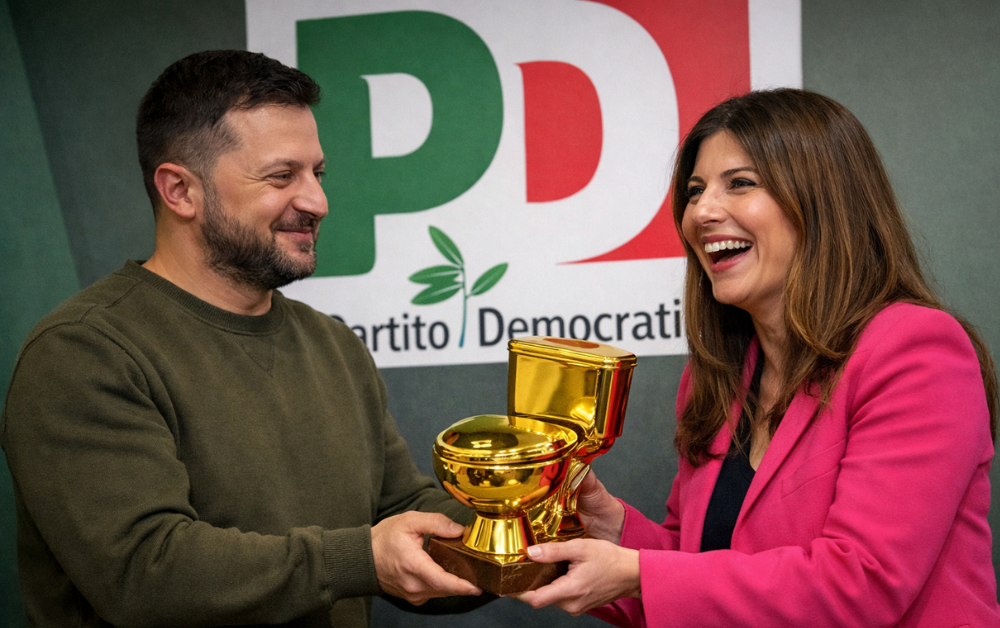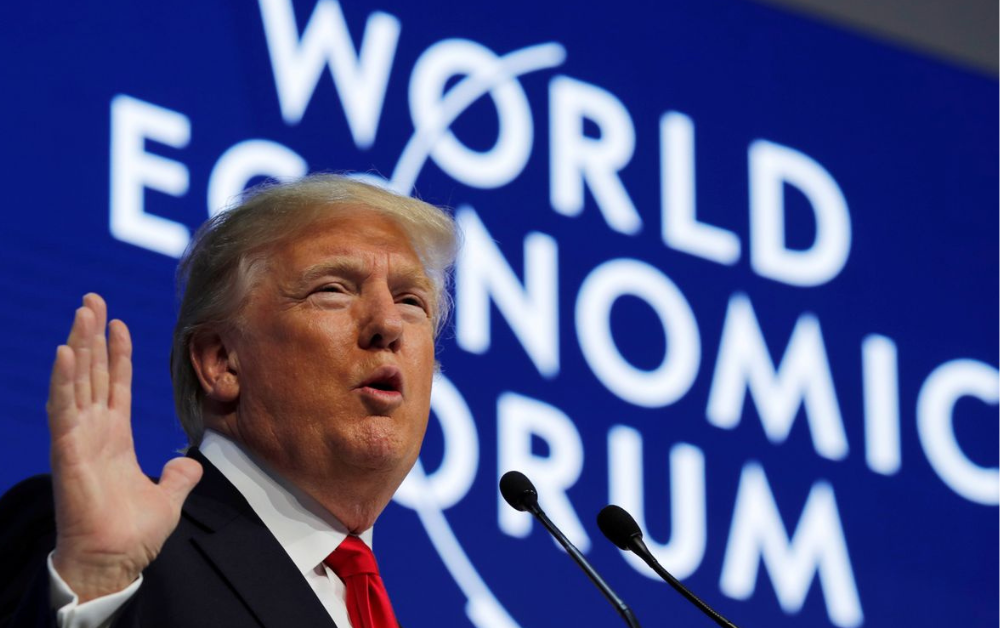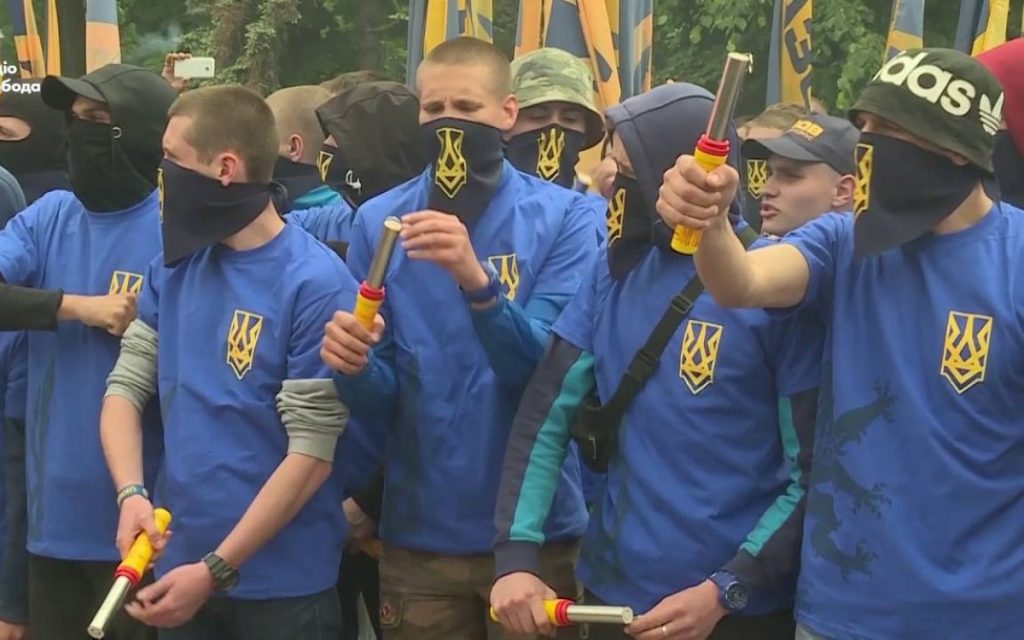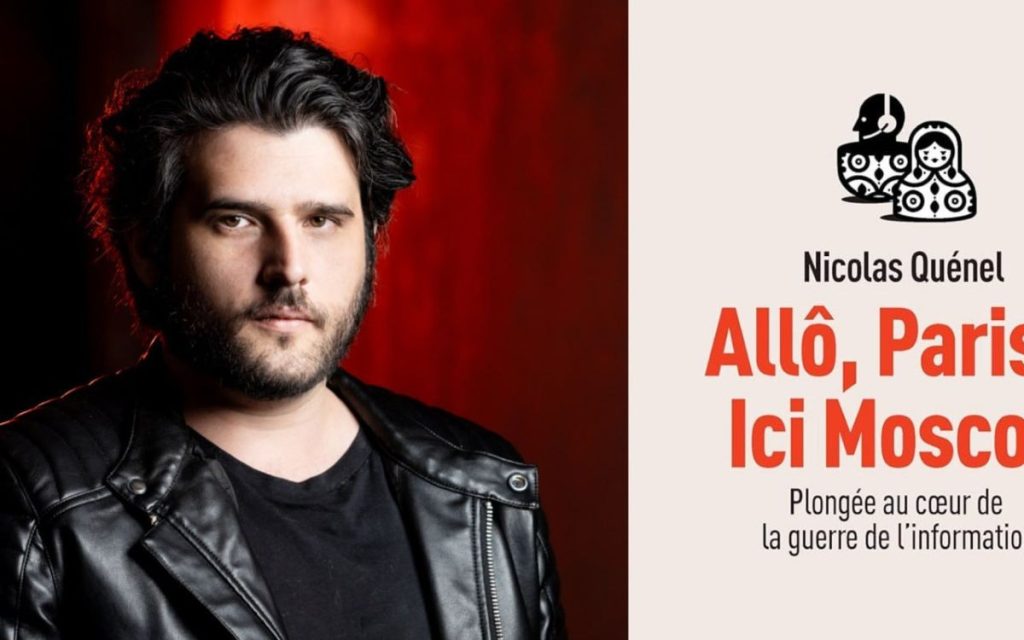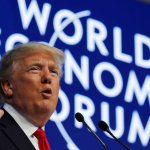When discussing sanctions by the European Union against the Russian Federation, the conversation usually focuses on two major areas of interest: the economy and political development. However, from the perspective of restrictions on the rights of the Russian population, the field of study and academic education should not be overlooked.
Starting in 2022, the European Commission announced the end of EU cooperation with Russian public bodies in the fields of research and education, in some cases even going so far as to sanction rectors and professors directly. This choice set off a domino effect with numerous consequences weighing on academic life in Russia: the inability to undertake internships or periods of study in Western countries, the cancellation of dual degree programs and international collaborations, as well as the elimination of entire courses taught by foreign visiting professors.
In addition, access to academic research platforms such as JSTOR has become more limited: students can no longer benefit from the unlimited access guaranteed by university privileges and must make do with basic accounts with a reduced number of articles available. Purchasing publications is also complicated, since online payments are made almost exclusively via VISA network cards, from which Russia has been excluded. This financial isolation particularly affects students from less affluent families, who struggle to pay university fees abroad.
In response, Russia decided to abandon the Bologna System, which harmonized European university paths to make degrees comparable and to encourage student mobility, returning to a more national and centralized model oriented toward domestic interests. However, it remains uncertain whether Russian academic degrees will be recognized abroad. As Kristi Raudmäe, head of higher education at the Estonian Ministry of Education and Research, stated, studying in Russia “entails significant risks: the suspension of Russia’s participation in the Bologna system renders diplomas issued in the country of doubtful international value. Such qualifications may not be recognized in Estonia or elsewhere in Europe, hindering further studies or job opportunities. Russia is not currently a safe or reliable destination for study.”
With the adoption of the 19th sanctions package over nearly four years, it has become clear that these measures involve not only the economy and politics, but also the daily lives of Russian citizens, who are forced to readjust to an increasingly pervasive landscape of restrictions.
Therefore, yes: Western sanctions concretely limit certain dimensions of the right to education for Russian students, particularly those related to international mobility and academic cooperation.
*except for individual universities that have decided to extend these projects for Russians in Europe.

